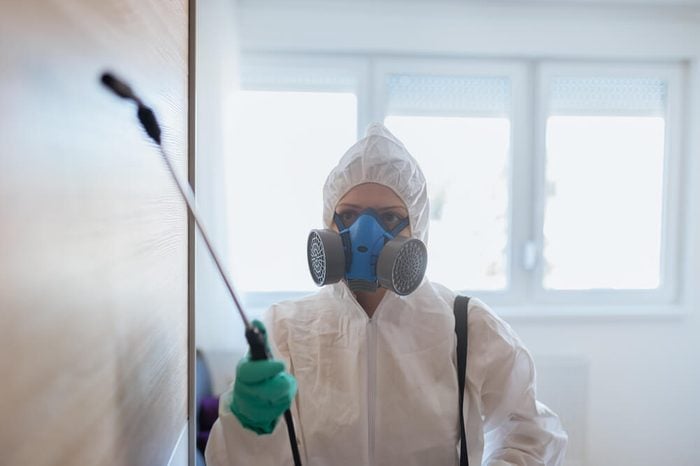
You may not even need an exterminator
You’re gonna have to face it: Household pests are regular house guests, according to Bob Vila’s Trusted Home Advice. It doesn’t matter how clean you keep your home—bugs can hitchhike in via your pet, your shoes, and even your groceries. Your goal should be keeping the pests to a minimum, not keeping your home completely pest-free.
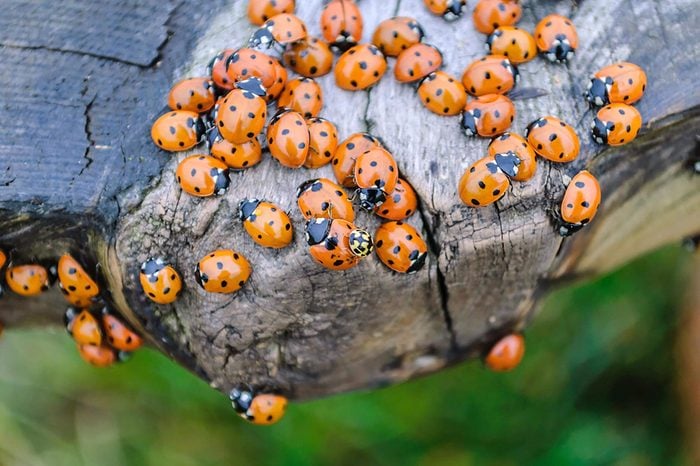
Not all bugs are bad
Although bugs get a bad rap, many serve a beneficial purpose. Ladybugs and other beetles feed on smaller insects that would otherwise destroy your rose or vegetable garden. You may not want them in your house, but it’s safe to just let these guys be.
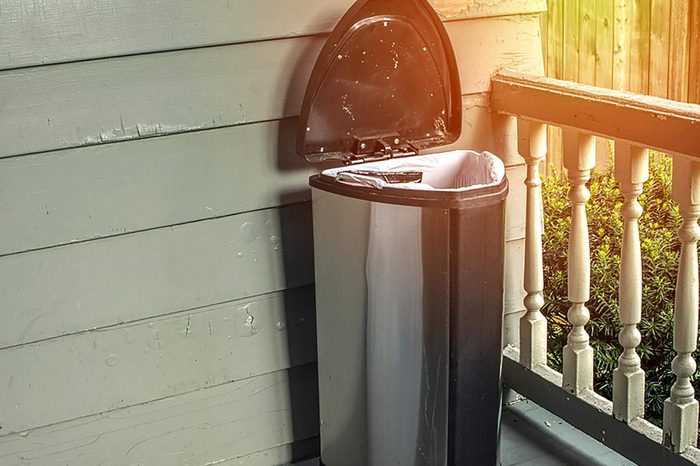
Your garbage can is inviting house flies home
Your house may be perfectly clean, but if you keep your garbage in the garage until collection day, you may be inviting house flies into your house. Be less hospitable to house flies by choosing a garbage can with a tightly fitted lid, and rinse it out regularly (once or twice a month). You can also sprinkle borax inside for extra deterrence.

Don’t trust a house inspection
While a house inspection often involves a termite-free certification, a home inspection is based on visual inspection only, inspector Adam Jones told Fox News. If there doesn’t happen to be any live activity on the day of the inspection, the inspector won’t see it. So when you’re buying a house, don’t rely on the inspection alone: Get pest control records from the seller and/or the seller’s exterminator. Don’t miss the craziest things found in home inspections.
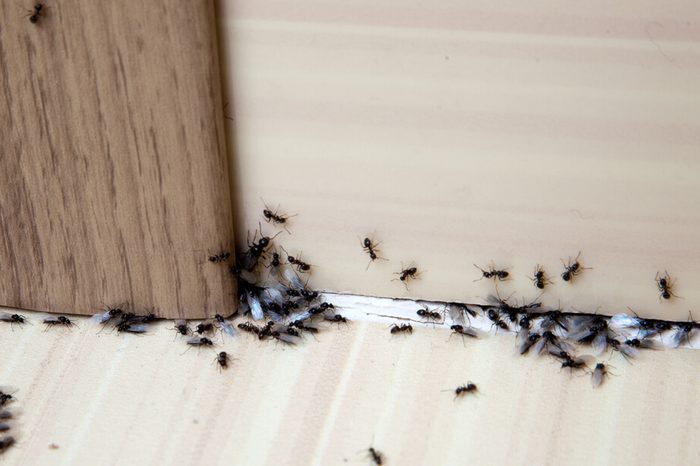
Ants are tough customers
Even if you manage to kill a colony, any survivors will create a new colony that could be immune to the insecticide you used, entomologist, John Klotz, told Southern Maryland Boys Pest Control. Plus, exterminators may misidentify ants and therefore use the wrong spray. One way to keep ants at bay is to place bay leaves or talcum powder at suspected entry points. Here are some other ways you can get rid of ants without an exterminator.
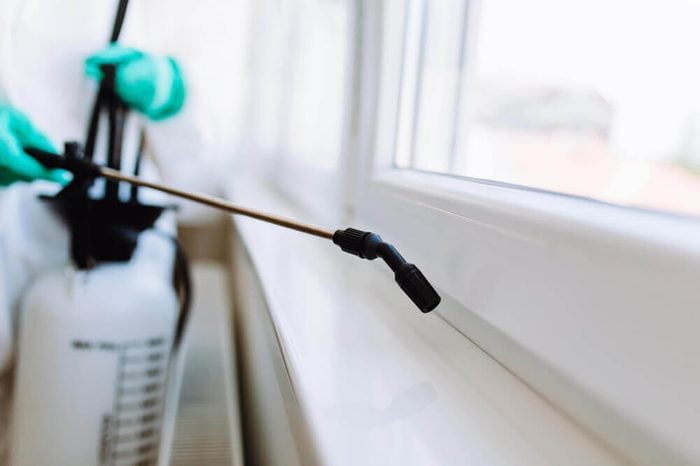
They may be stingy with the pest spray
Before a pest control company sprays, it measures the perimeter around your house to determine the right amount of chemicals needed. Companies are legally required to apply the amount indicated on a spray’s label; however, that doesn’t stop a less-than-ethical exterminator from undertreating your home. Here’s why you should never spray bug spray in your own house.
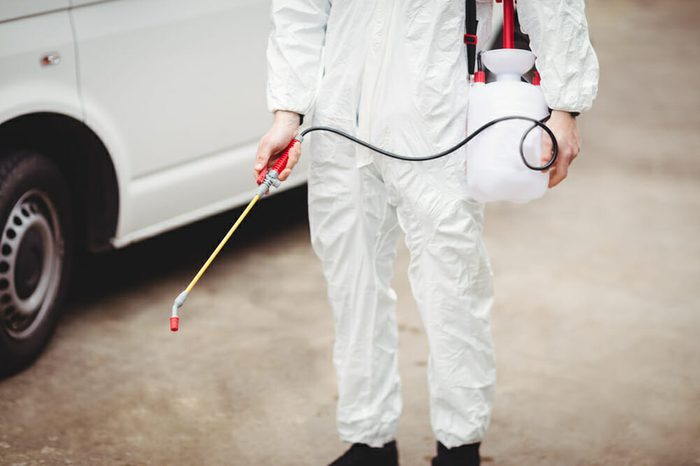
Those sprays are toxic
The chemicals applied by professional exterminators aren’t to be trifled with. They’re dangerous, and not just to household pests. (Here are some of the pesticides that cause cancer.) They could be a problem for you and your pets.

You need to follow their advice
If you don’t cooperate with your exterminator’s advice, you won’t get your money’s worth. “It can be frustrating when a client doesn’t follow advice to keep their garage door closed or fix their screen window,” Ron Harrison, PhD, Orkin’s director of technical services, told Fox News.
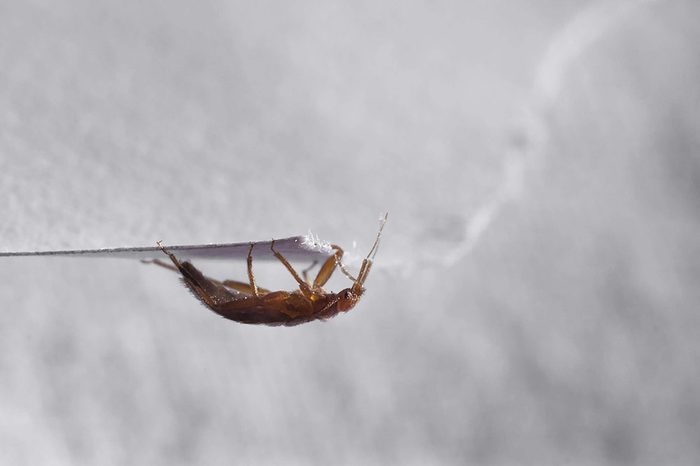
Don’t use bug bombs on bedbugs
Certain treatments can make bug problems worse, Shay Jones Runion, vice president of professional development at Arrow Exterminators in Atlanta, Georgia, told Fox News. For example, those bug bombs you use for bedbugs only end up “scattering pests around your home.” Here are 16 expert tips for getting rid of bedbugs.

Let your neighbors know what’s up
If you live in a multi-family dwelling and find you have roaches or bedbugs, please let your neighbors know. They may be infested as well and not yet know it. Even in single-family home neighborhoods, it’s a good idea to let your neighbors know if you’ve confirmed an infestation in your house, especially if the houses are close to one another or your pets or children interact.
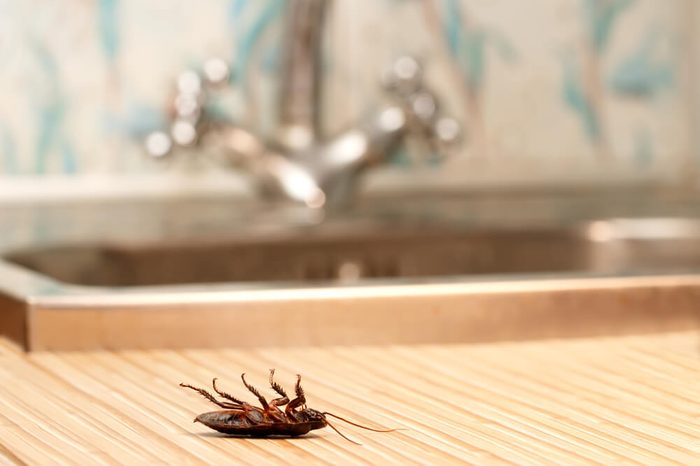
Dampness is the enemy
Roaches LOVE water. That’s why they gravitate to moist, dark environments such as damp basements and you see them skittering down kitchen and bathroom drains. Even your pet’s water dish could be attracting roaches. Dry out your sink and tub after each use and eliminate leaks.

Bananas are your friend
Here’s a trick for trapping roaches, according to Bob Vila: Rub petroleum jelly along the inside of a canning jar, just below the rim. Drop a piece of banana in and place the jar wherever you’ve seen roach activity. The banana will lure the roaches in, and the jelly will keep them from getting out. (These are the things mosquitos absolutely hate.)
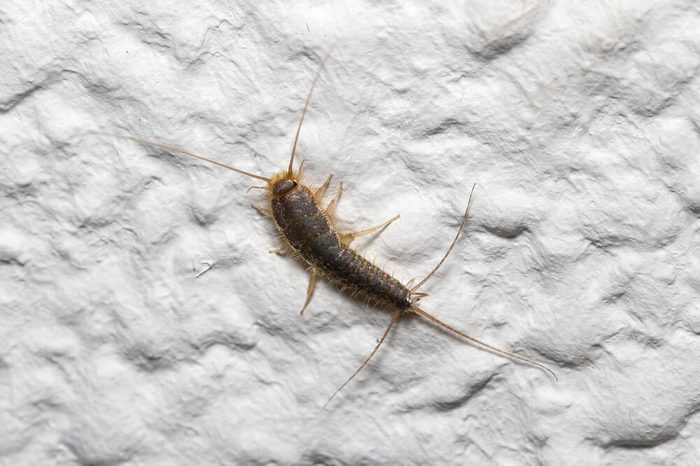
Silverfish love water, too
Silverfish are small, wingless insects that don’t harm humans but can destroy your books and your upholstered furniture. If you’re seeing silverfish, you probably have a moisture problem somewhere. Check drainpipe connections and water supply lines, Bob Vila recommends, and repair any leaks. And make sure your bathrooms are ventilated.

They don’t deal with head lice
“Head and body lice are a medical issue and there’s no reason to call a pest management company,” exterminator Keith Willingham told Woman’s Day. In addition, not every exterminator deals with every species. For example, with termites, you might want to call in a termite specialist, such as Sentricon, which a study by Texas A&M found to be effective in decimating termite infestations.
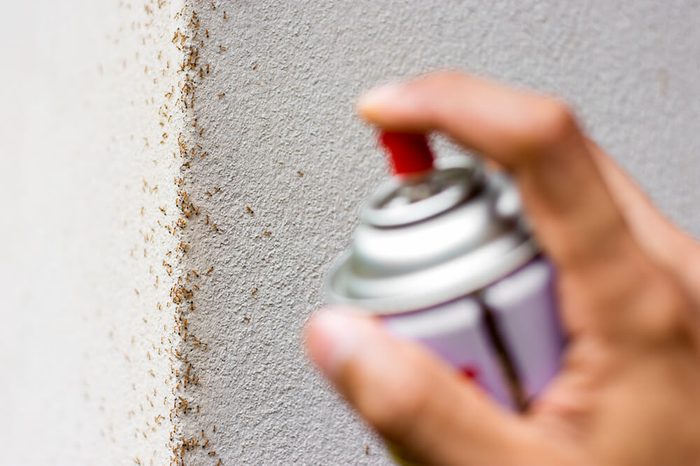
Ask a lot of questions
Before you hire an exterminator, ask what kind of chemicals they use, how long you need to be careful around the sprayed area (and whether you need to keep children and pets away), and whether they’ve ever failed to eliminate an infestation. Extermination is not an exact science, so mistakes can happen. The real question is, “How did you follow-up after you failed to eliminate an infestation?” Be sure to check for requisite licensing and certification; also ask if they have a trained entomologist on staff.
Next, find out the 19 secrets your landscaper won’t tell you.
